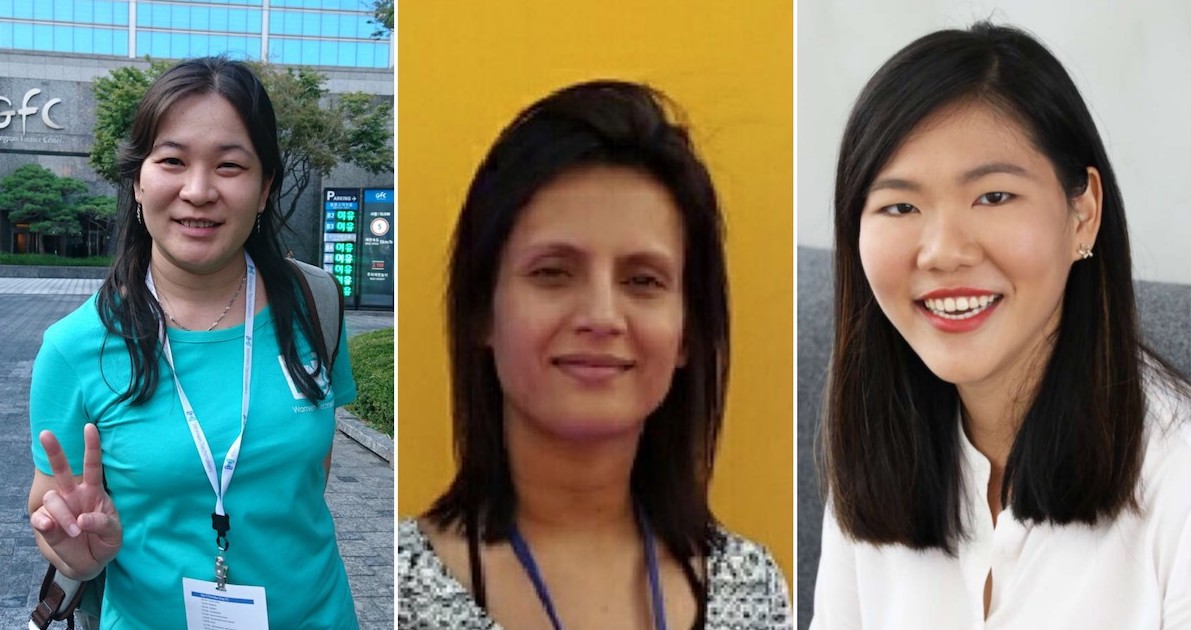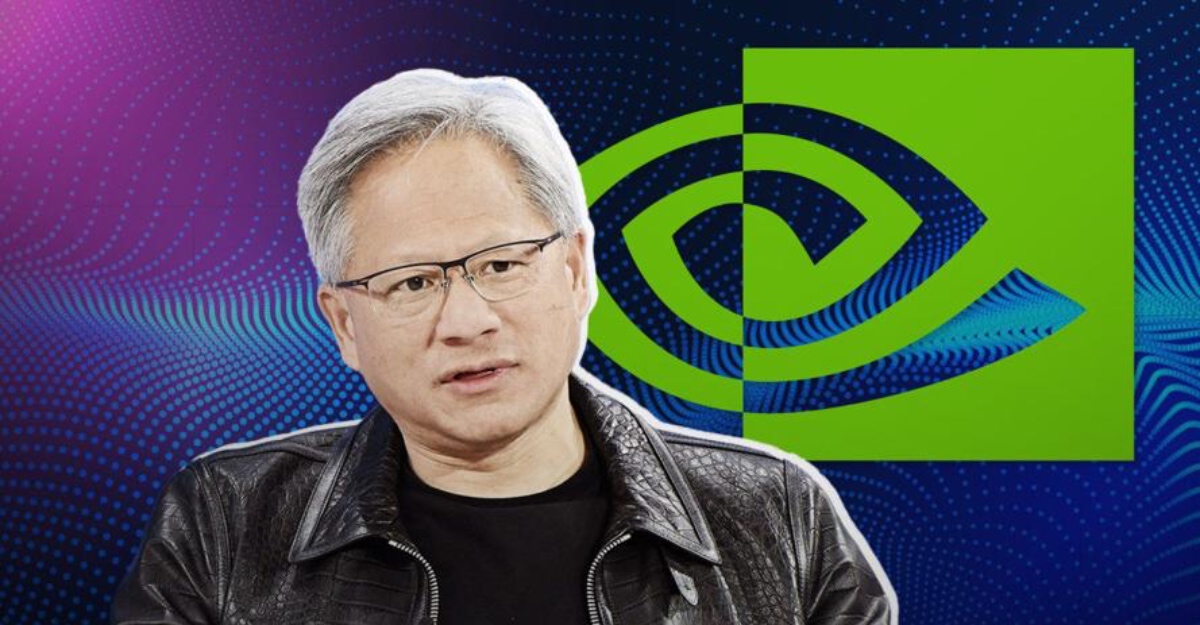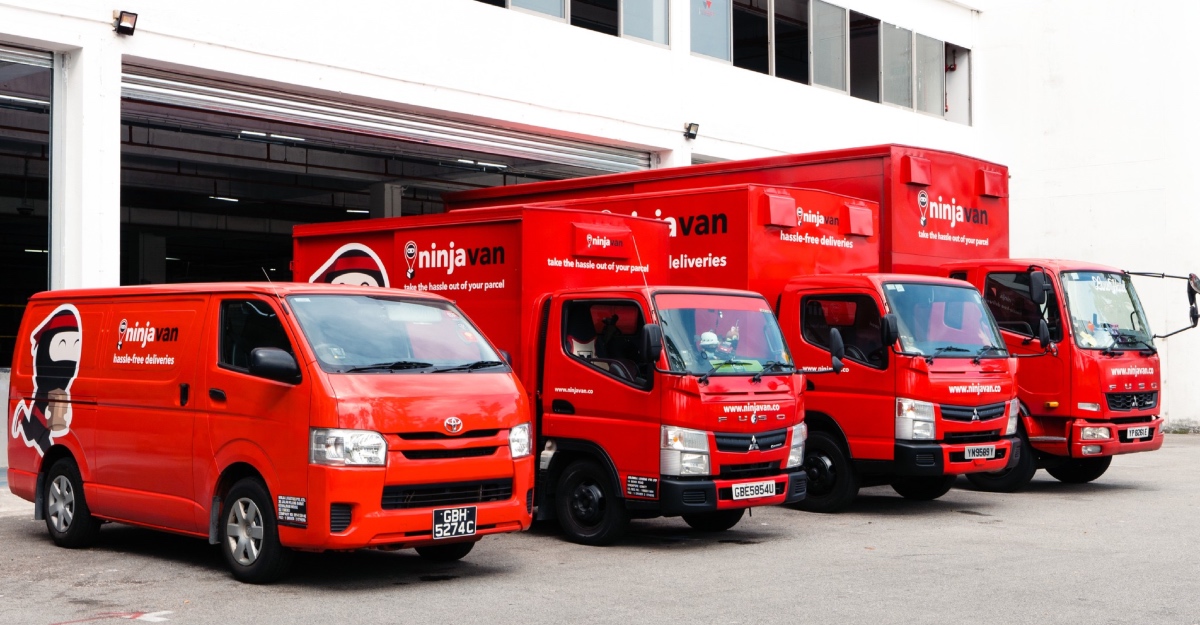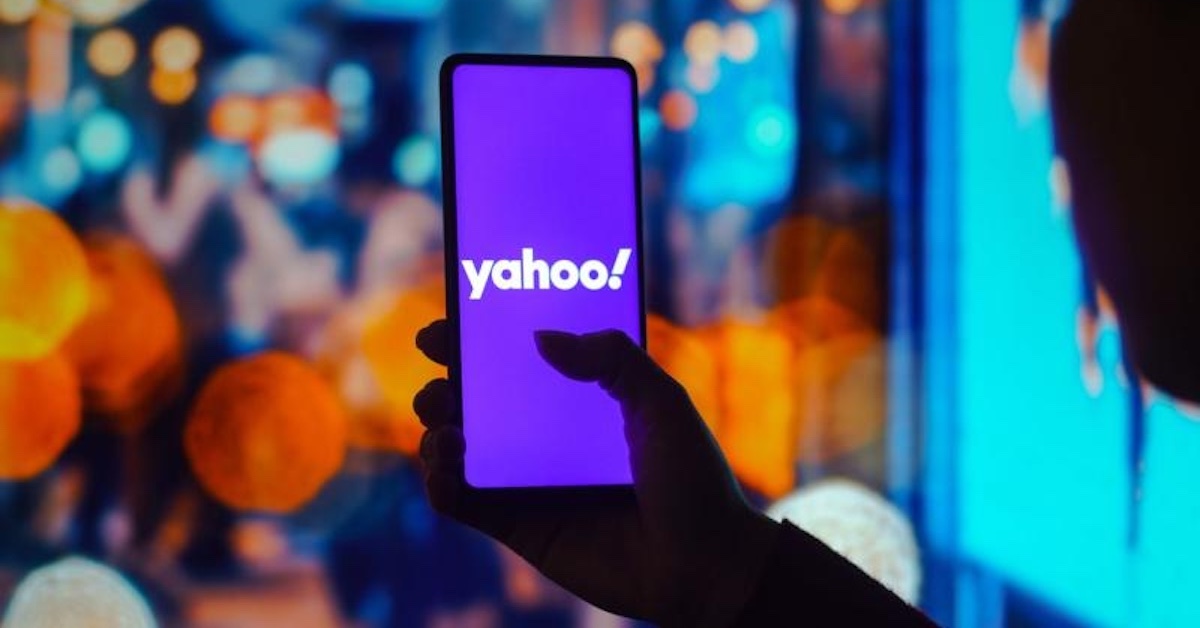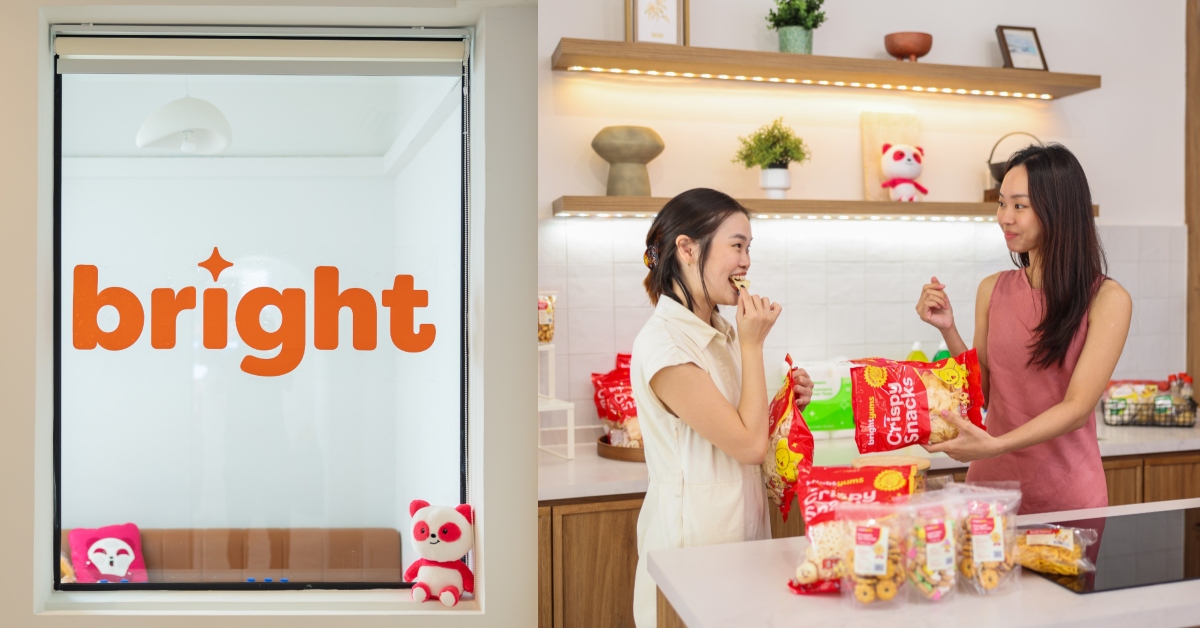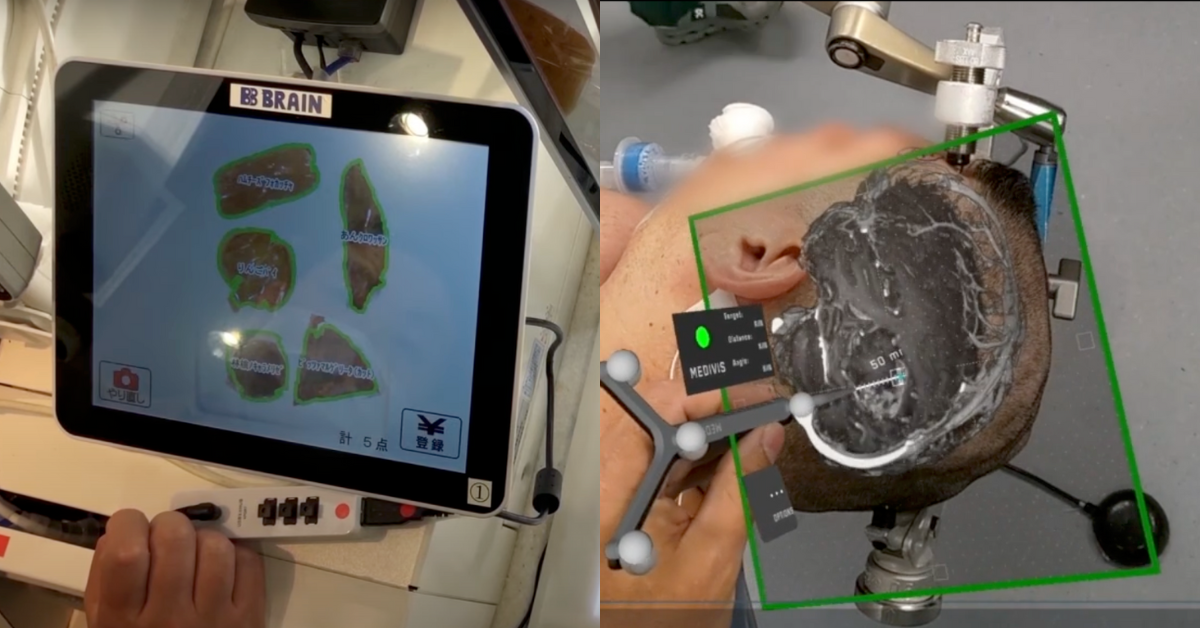The gender imbalance in tech is a longstanding problem and an open secret.
Women make up less than a third of the tech talent pool in Silicon Valley; and at Google and Facebook, they account for just 17 percent and 15 percent of the technical positions.
In a recent analysis that covers over 2 million developers, HackerRank found that Asian nations made up the majority of the top 10 countries with the most female coders – India ranked first, while Singapore ranked eighth.
In fact, there are plenty of ass-kicking women programmers who have contributed to the tech industry throughout history.
Ada Lovelace is credited with being the first computer programmer in the 1840s; and a century later, Grace Hopper created the first compiler.
In this article, we wish to shed light on three impressive female coders in Singapore who have also contributed significantly to software development.
We talked to Choong Yue Lin (35), Director of Women Who Code Singapore; Renu Yadav (28), mobile app developer at Grab and instructor of Android development workshop at Coding Girls; and Annabelle Kwok (25), founder and CEO of NeuralBay.
What sparked the interest in coding, and how did you pick up this skill?

Yue Lin: I’ve been coding for more than 20 years – I basically grew up with computers! My father was an Electrical and Electronic engineering student from Ngee Ann Polytechnic, and he always had about 3 computers in various states around the house so computers were the norm for me and my siblings. I took a one-year coding course during Form 1 (Secondary 1) in high school, where I learned about Turbo Pascal, Visual Basic and Access.
Renu: I graduated from NIT Srinagar in India, where I took up a four-year IT course and learnt Java and C++ in my programming courses. I’ve been coding for the last 5 years, but it wasn’t really a planned journey. Initially, I just followed a so-called “market trend”. After high school, I got into a good engineering college and landed myself a well-paying engineering job after graduation. Once I got into the coding world, I started liking to solve everyday problems. In fact, seeing my work making a social impact has got to be one of the best feelings ever!
Annabelle: I pretty much followed my curiosity and interest from a young age. Amidst all the barbie dolls, stuffed toys and picnic sets, my mum also bought me science experiment kits and the first edition of Lego Mindstorm (RCX). Building robots was easy and fun – you stack some lego bricks, align the gears, and press some buttons to make the motors move the way you want it to. I built my first robot with it when I was 6 or 7 years old – it was a moving robot that would launch a ball and shoot it into a hoop with 100% accuracy every time.
As a millennial, I’m also very fortunate to have grown up in the age of technology. I took up mandatory IT classes in school and would programme robots in my school’s computer labs when I was 8. All 40 of us in my primary school class would be dragging and dropping code to get our robots to move. Beyond just moving, my robot could also draw a star on a vanguard sheet of paper, which made the robot the winning entry of my first robotics competition.
I later moved on to studying programming in junior college, spending hours writing in C++ and OOP. But back then, computing admittedly wasn’t a ‘sexy’ topic. I’m glad that in the last two years, the world has shifted its perspective on STEM and come to value it’s importance.
Why do you think there’s a lack of female coders and programmers, and what more do you think can be done to encourage more women to code?

Yue Lin: There aren’t many female role models around, so I guess women don’t see it as a viable career choice when it comes to selecting a career path. For starters, we need to equalise the opportunity for software engineering as a career choice; and showcase more women in the IT research industry. Right now, there are plenty of women – but they tend to do more research work instead of actively climbing the corporate ladder like some IT folks. Having more female role models in companies would help create a diverse environment in which women can shine in.
Renu: I think it’s just a matter of mindset difference. This social pressure is part of the challenges women have to face in engineering departments in different organisations. Some recruiters prefer male coders over females, thinking that the latter would be able to do justice to the job or won’t be able to handle the pressure – but I do believe that it’s changing.
We are seeing more female coders overcoming this social stigma, albeit a slow progress. In order to make it progress faster, I think women need to believe more in themselves – if they want to do it, then they should do it. We have amazing meet-up groups who are already doing their best to help the women coder community. And even during workshops, I have seen overwhelming response from women of all ages who are interested in coding, and they should definitely take this forward.
Annabelle: Coding is a language and tool that enable endless possibilities. I think the government and educators have a huge role in sparking coding interest among the students. During my coding class in JC, there were only 13 of us in the class – 8 girls, 5 guys. It is a very small number, but I feel that as long as you have the interest in understanding how the technological gadgets that you use everyday work, you will eventually develop a natural interest to learn more about coding.
Why do you think coding is an important skill to pick up? What are some of its benefits?
Yue Lin: IT knowledge is important because it’s proliferating all sectors of the industry, but it’s also good to know it as a general knowledge of the world we are building towards. Coding is a basic skill, and it’s important to learn it just like Mathematics. We don’t need to be an accountant to know some Maths. Similarly, we don’t have to be a programmer to know some coding. But knowing some coding can help us better perform basic IT tasks ourselves such as transferring files, applying formula in a spreadsheet et cetera; as well as understand about our own personal data and IT security.
Renu: Equipping yourself with coding or engineering knowledge gives you a logical picture and reasoning behind everything. I think it teaches us to look more practically and logically at things.

Annabelle: Coding is a tool that allows you to build cool stuff. It’s pretty similar to how cooking allows you to adjust what you’re eating – you can choose to have your dish more spicy or salty, or opt to completely leave out the vegetables. You can also choose to cook your own dinner, or dine out at a hawker centre. It all depends on where your interest lies; and either way, there are no wrong answers. But if you decide to pick up coding, it’s not only practical; coding can be elevated and appreciated as a form of art too.
How viable is coding as a career path, especially in Singapore?
Yue Lin: If coding is enjoyable for you, a career path is not a problem. In fact, it is the most sought-after skill in the market right now. And even as a business hub, IT is still required as a backbone to grow other industries. Singapore has realised this, which is why it’s big on the smart nation push right now.
Renu: I think basic knowledge about coding has become a necessary thing to pick impactful career choices. Even in Singapore, it bestows us with great opportunities in various sectors such as banking, transport, e-commerce, healthcare, and even entertainment. Almost every industry is looking for coders and programmers right now!
What are some impactful coding project(s) you’ve worked on?
Yue Lin: I worked on the first contactless card payments terminal in Australia. I also managed an open-source open data project on Healthcare ASEAN, which surprisingly became a platform to encourage many women to learn Python with. In future, I wish to work on DNA sequencing with AI technology.
Renu: Before working in Grab, I worked for a Bangalore-based Indian startup called Dunzo which developed a chat-based platform that helps users create a general task list. I was one of the two developers for this Android app, and one of the key challenges is ensuring that it’s very easy to use that even mothers will have no trouble using it. I remember calling people who were facing problems, or those who have given their feedback on the Google PlayStore. I focused on rectifying problems, and coming up with solutions that would help improve the app.
Currently, I’m helping to improve the Grab ride experience in Southeast Asia. I think being a programmer is more than just the coding fun – it’s about the social impact that you are creating that makes you happier. If given a chance, I would definitely like to learn more so I can better contribute to the AI world.

Annabelle: One of the more memorable projects that I’ve worked on is building 27 electricity-generating bicycles on behalf of Fox Cable Networks, National Geographic Channel, and World Wide Fund for Nature (WWF) for their Earth Day event in Singapore. Professional athletes from across the world flew down to Singapore to pedal on the bicycles, attempting to break the Guinness Book of World Record for ‘Most Electrical Energy Generated By Pedalling On Bicycles In 24 Hours’. The electricity generated powered up the entire event (fans, lighting, stage sound system, movie screen), and the remaining electricity surplus was sent to villages in less-developed Southeast Asian countries.
What do you think are some daily challenges of being a coder?
Yue Lin: It’s a fast-changing industry. As a coder, you need to keep yourself updated so as to keep up with the changes.
Renu: The pace at which things change is very fast – there’s always new languages and technology emerging. Sometimes, it becomes a need of the hour to remain updated with whatever new is coming, and not all of these learning curves are easy. But then again, if it’s not challenging, where’s the fun in it?

Annabelle: At 25, I am considerably young in the field. In a society that generally respects the experience and wisdom that comes with age, being a youth was a demerit. Business meetings with the older generation was not easy as they immediately judge you the moment you walk into a meeting room. It is difficult to hold a conversation with someone who is close-minded. I can’t change my age, but I would much rather be respected for what I know, and what I can do. When I speak up and express my opinions, people will realise that I do know my stuff and gradually, they start trusting me with their businesses. Respect is earned, and not demanded.
Are there any advantages, or disadvantages, for being a female in the male-dominated computer programming world? Have you personally faced any gender bias in your line of work?
Yue Lin: The advantage is that there won’t be a queue at the ladies. However, I must say that women are constantly being dismissed and we often have to fight to prove ourselves time and time again. It can be really isolating to be the girl in a ‘boy’s club’. My opinions are usually not heard during meetings, which I sometimes don’t even get invited to! On one occasion, I got a comment from a new manager that my salary was to pay for my “expensive” lifestyle. Why can’t my pay be matched according to my skills and experience instead, or the very simple fact that I deserve it?
Renu: So far, I don’t see any absolute disadvantages, but there are definitely challenges. Somehow, we still have this social stigma that females can’t perform better in engineering works. Instead, females are perceived to perform better in management roles, which is untrue. As such, some females in certain organisations have had to put in extra effort to get the same recognition that male coders are getting. Even I have felt that sometimes, I wasn’t the preferred choice to take up a new challenge because I’m a female coder despite my good performance.
Annabelle: I understand that the generation of women in tech had a much tougher time in their careers, but they’ve paved the way such that the new generation like myself would not have to face the same inequality problems as they did. For that, I’m very grateful to all those who had spoken out and contributed to shifting the power dynamics. My male colleagues are open to sharing their knowledge with me, and would offer to do the heavy-lifting for equipments that required a lot of strength to operate. Sometimes they can be a little too overprotective of me, assigning me the less dangerous tasks whilst they go for riskier equipments with fire and sharp blades. I understand that they are trying to be gentlemanly, but I’m totally capable of operating these machines safely by myself!
What’s one piece of advice to someone who wants to learn coding? What’s the first step they should take, and how should they even start on it?
Yue Lin: You should enjoy coding and problem-solving to be a coder! Start simple – take an online course, find a project of your interest, and work on developing it.
Renu: Don’t think and just do it. There are so many programming languages right now, so pick the one you like and start on it. Once you’ve mastered the basics, then you can move on to learning about syntax learning with other programming languages. To start off, you can join online courses such as UDEMY. You can also join workshops and meet-ups (they often have live basic coding sessions), and read Medium (freecodecamp and their open-source projects). Most importantly, start contributing to open-source projects – you can help to fix their bugs for starters!
Annabelle: People are overly reliant on schools to teach them everything, but what’s taught in school only sets the foundation of what you want to do later in life. Also, very rarely do you see a school curriculum that changes as fast as the rate of research, which is continuously progressing. You have to make an effort to constantly update yourself with new knowledge so as to stay relevant. There are so many open-sources to learn from, and projects that you can follow and build on top of.
When I was in secondary school, I would go the computer lab and Google topics that I was interested in, like how to use Tor to play games that the school had blocked, or how to use virtual machines to hide those computer games from teachers. From learning how to hack, I ended up dabbling in cybersecurity. Be an independent learner, and explore beyond the textbook. If you have the curiosity in something, allow yourself to go down the rabbit hole.
—
If you want to get started on coding, here are some women-focused initiatives that you can take advantage of:
- CodingGirls – Conducts hands-on workshops to explore girls’ interest in technology, organises sharing sessions from female professionals in technology fields, and provide networking opportunities to foster a tech-eco community
- 21C Girls – Delivers free coding classes and camps for girls in Asia. Also runs parent-child courses where parents can learn coding alongside their child.
- Women Who Code – It’s a global nonprofit with chapters all over the world. Most chapters have weekly code parties and monthly hackathons where women with varying skill levels come together and work on larger projects.
- TechLadies – Community for women in Asia to connect, learn and advance as programmers in the tech industry. In this community, women can learn how to code by taking part in their 10-week coding TechLadies Bootcamp where they learn to create meaningful products for NGOs.
- Singapore Geek Girls – A local initiative that serves as a platform for females to connect, share, contribute, mentor and learn from each other through fun, informal and interactive activities.
Featured Image Credit: Choong Yue Lin / Renu Yadav / Annabelle Kwok
